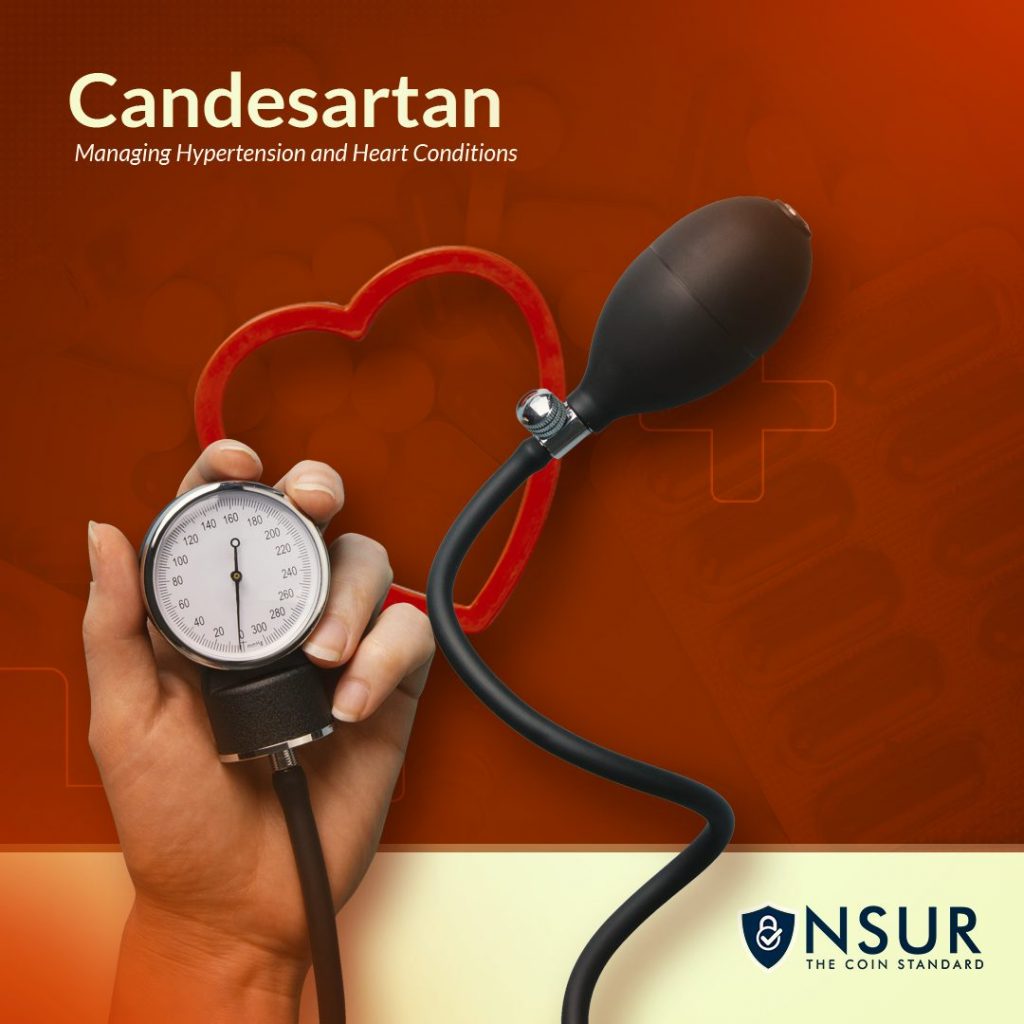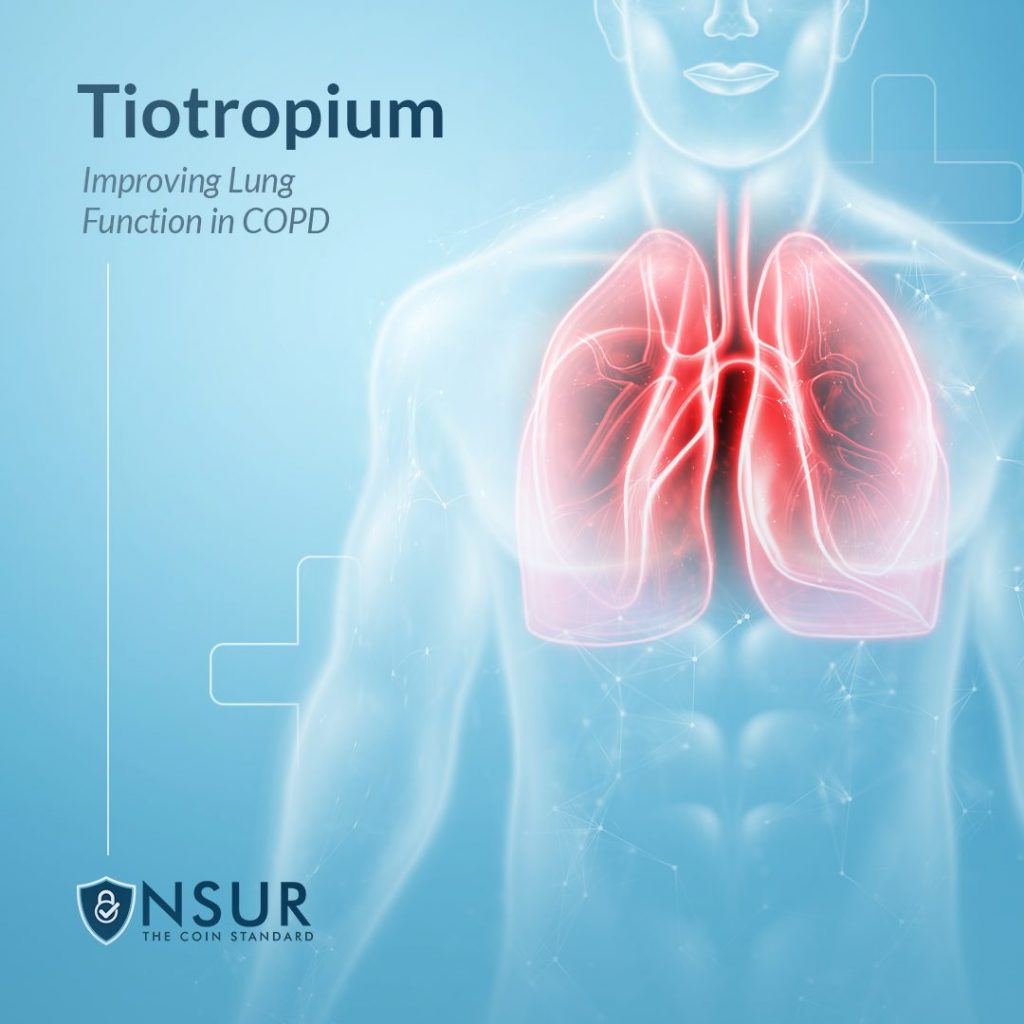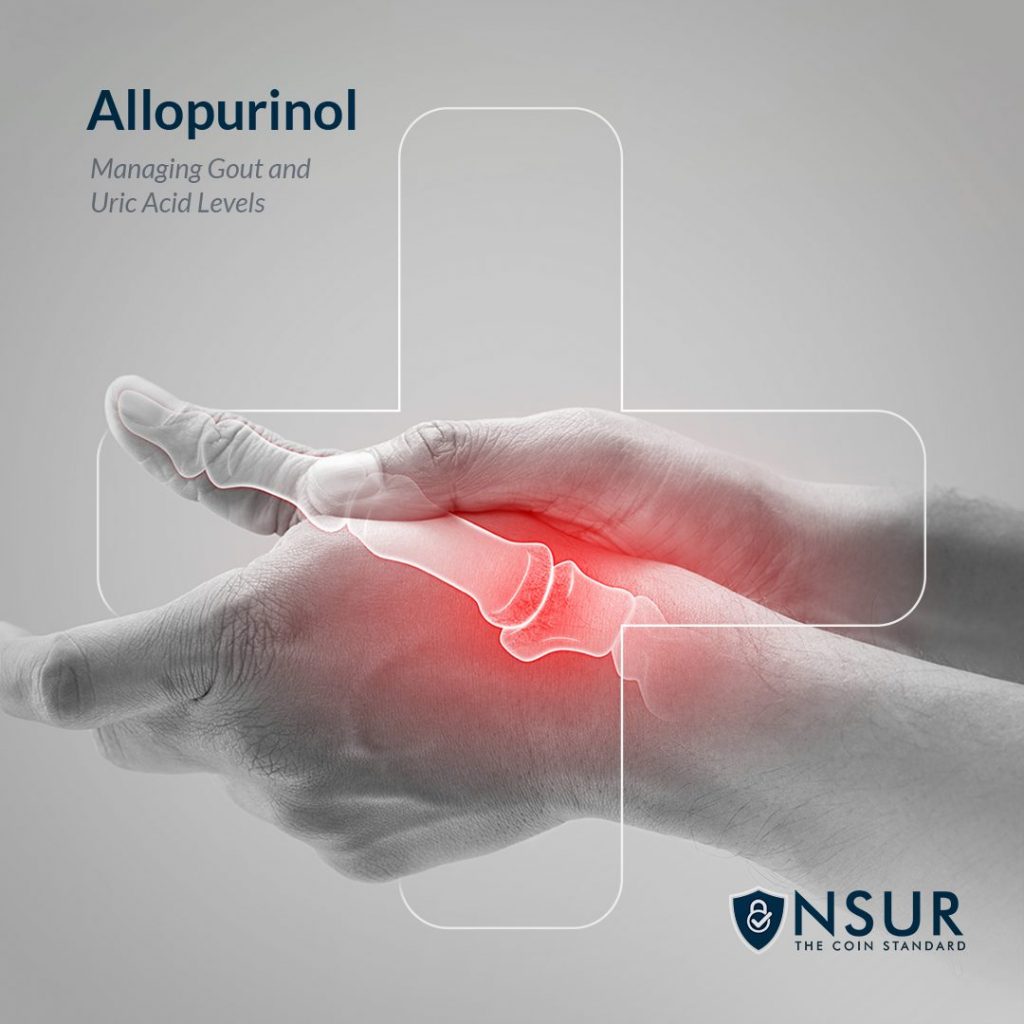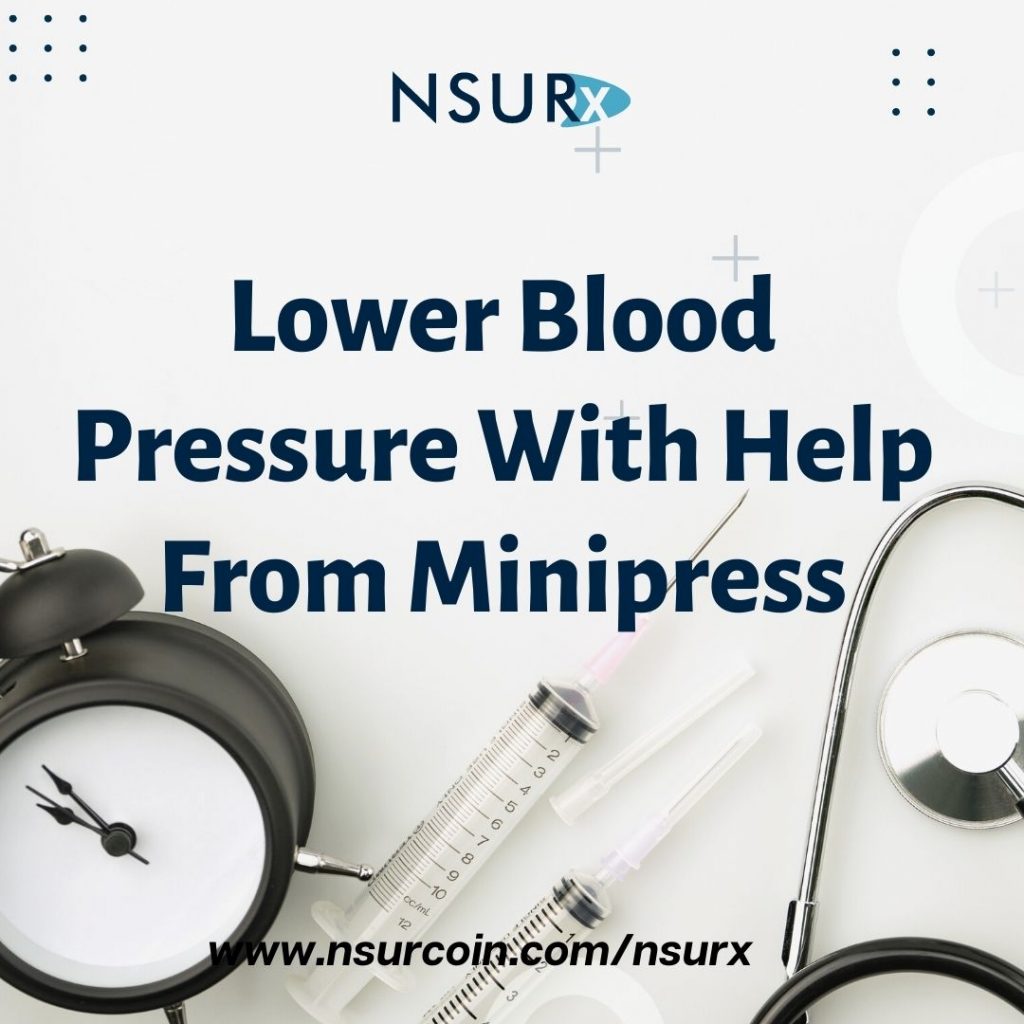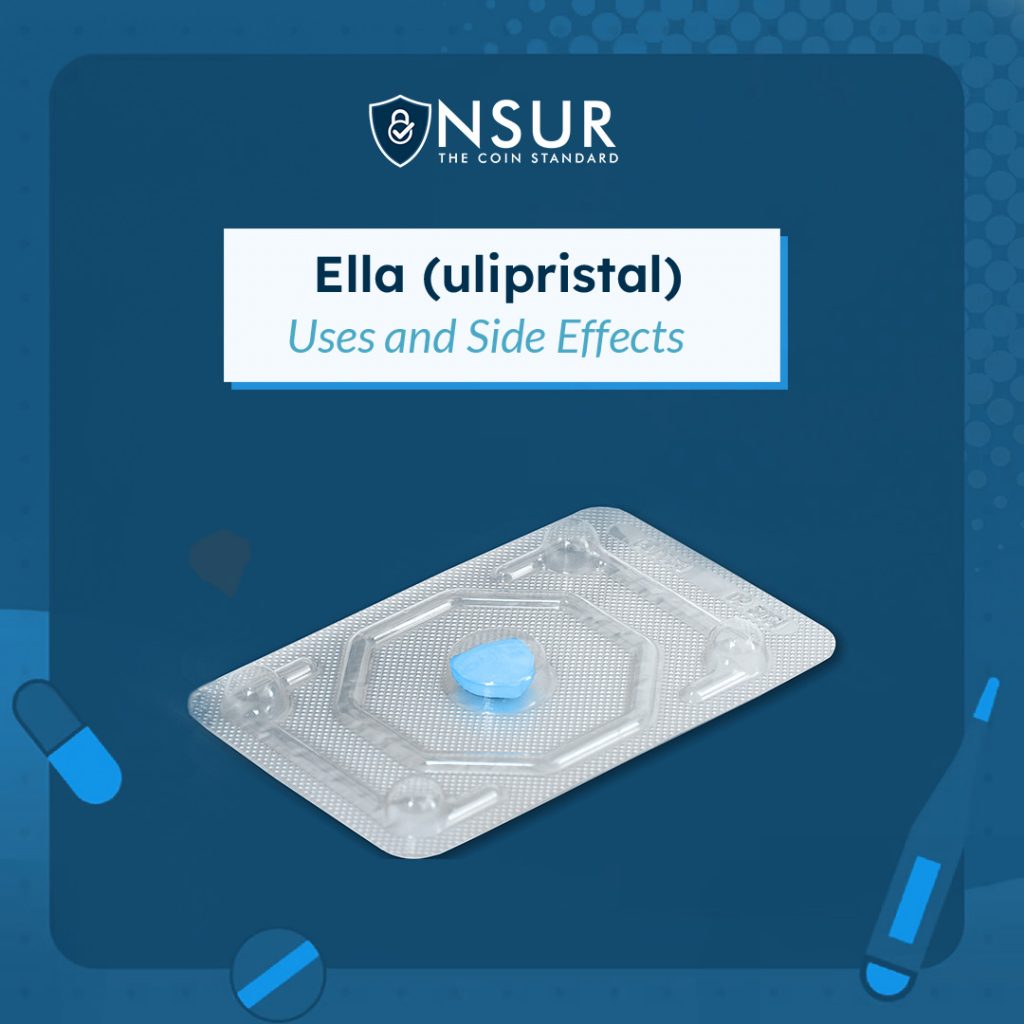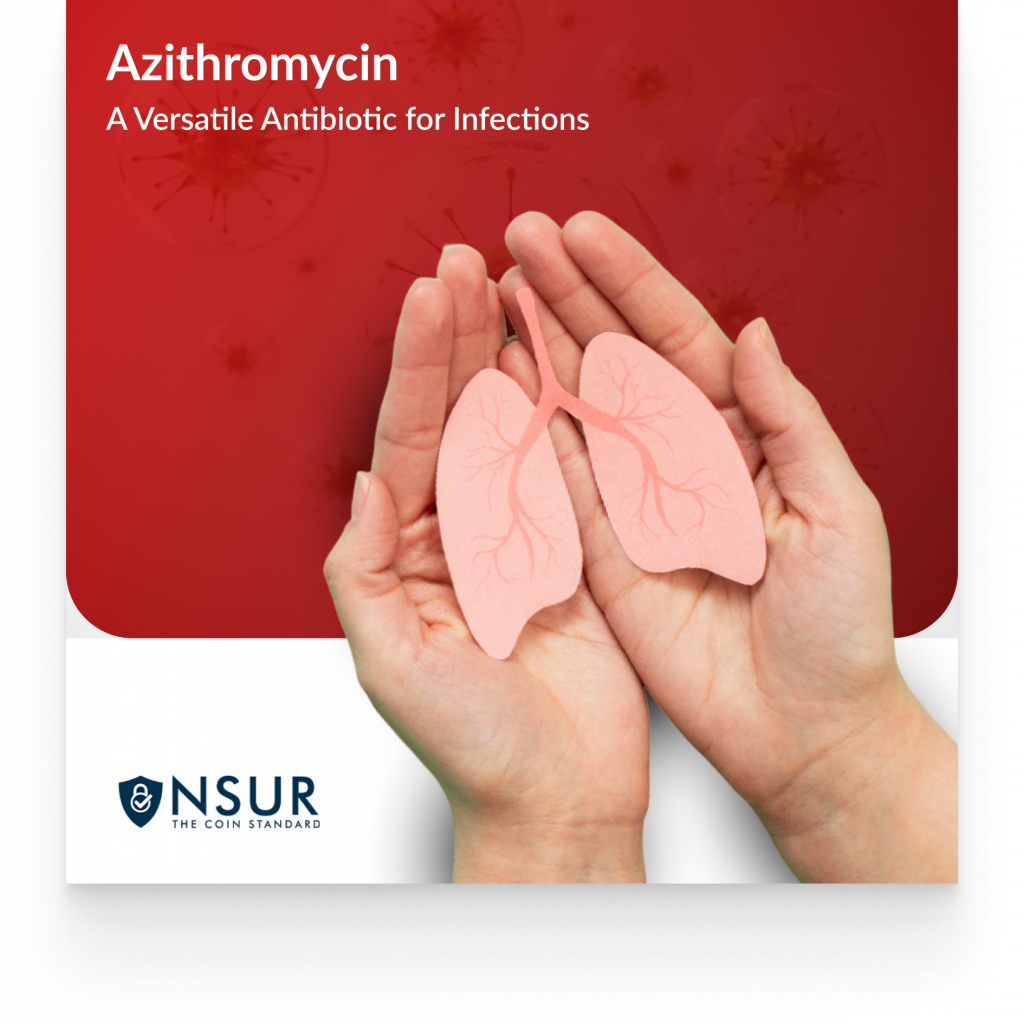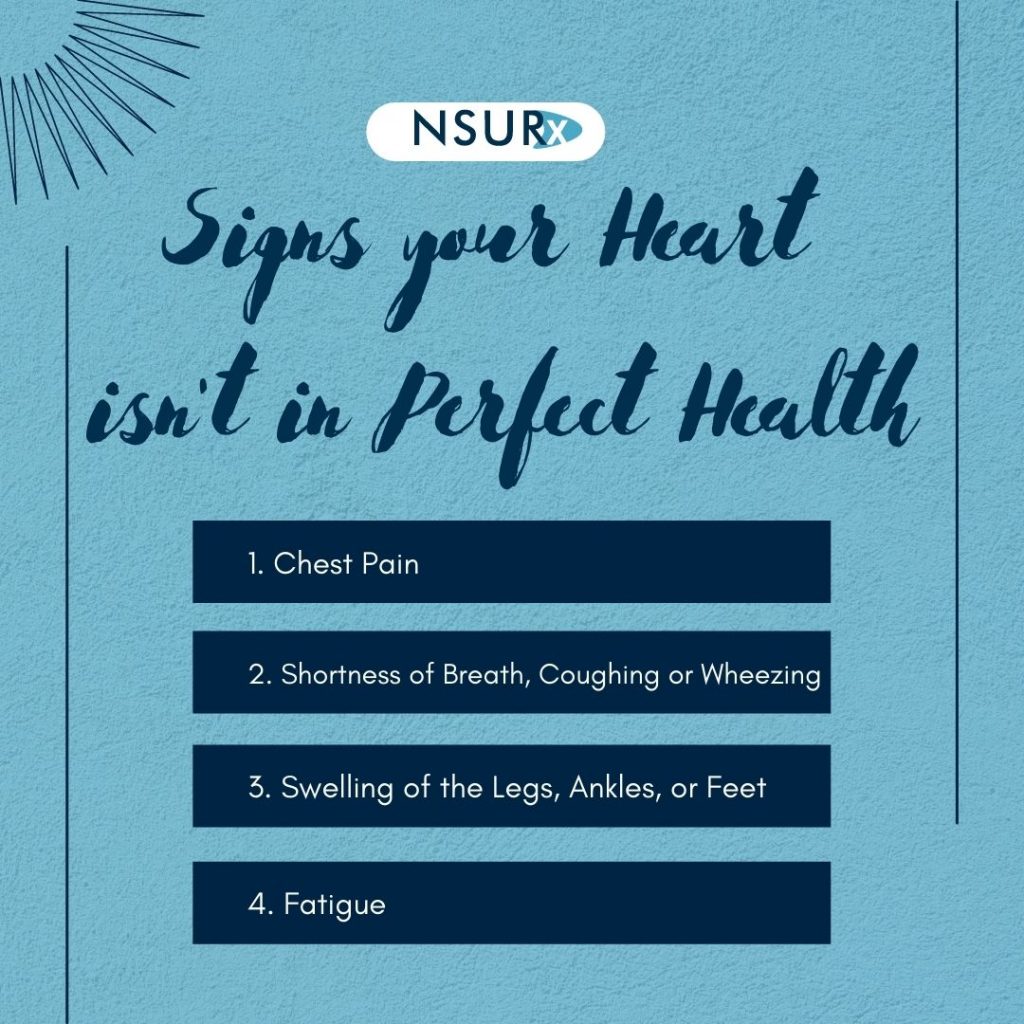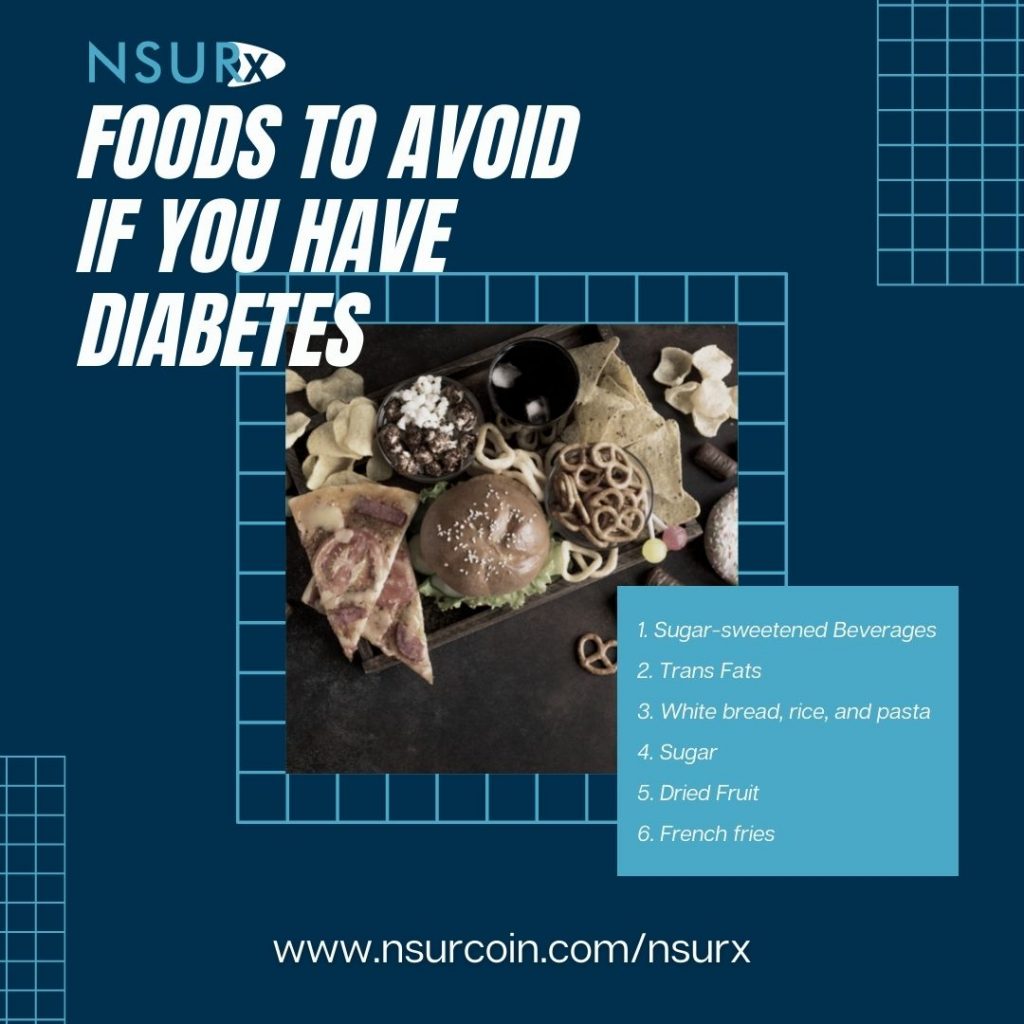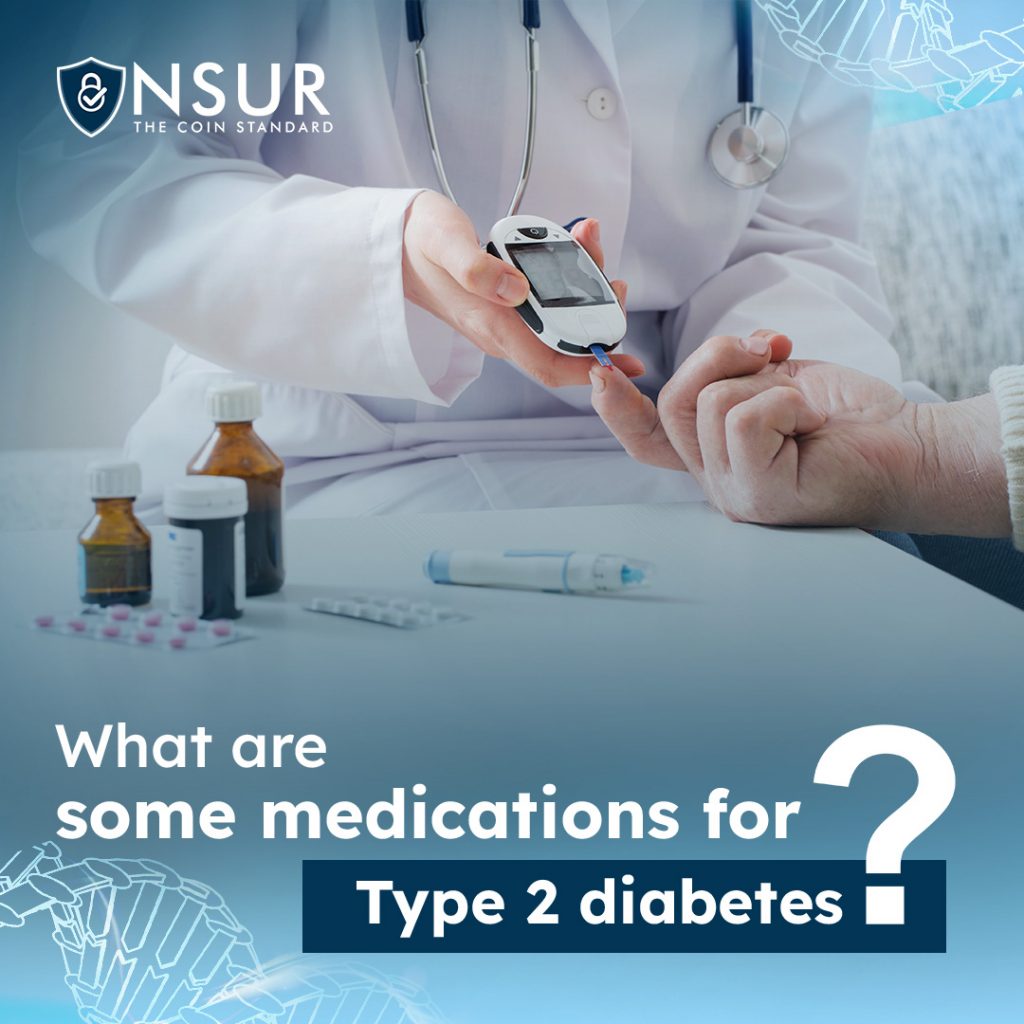
Type 2 diabetes is caused by a failure in the way the body regulates and consumes sugar (glucose) as a fuel. This long-term (chronic) disorder causes an excess of sugar to circulate in the bloodstream. High levels of blood sugar can eventually cause cardiovascular, neurological, and immunological system problems.
Having a good diet, exercising, and maintaining a healthy weight are all important factors in treating type 2 diabetes. However, you may need to take medicine to keep your blood sugar, also known as glucose, at a healthy level. Sometimes one drug is all that is required but other times more than one drug is needed.
People with type 2 diabetes are more prone to a range of medical issues, including eye and nerve damage, as well as heart attacks and strokes. The primary purpose of medicine is to keep this from happening. The best sort of medicine or treatment is determined by factors such as the severity of diabetes, age, and whether there are any other medical issues.
Diabetes treatment might include:
- Medication
- Nutrition Therapy
- Physical Activity
- Stress Management
- Medical Treatment
- Bariatric Surgery
The medicine list for type 2 diabetes is lengthy and might be complex. Take the time to study about these medications, including how they are administered, what they do, and any potential adverse effects. This might help you prepare to speak with your doctor about the best diabetes treatment options for you.
Diabetes Treatment: Lowering Blood Sugar Levels
There are several types of type 2 diabetic medications. To reduce blood sugar, each type of drug operates in a different way. Medicines can have the following effects:
- Making and releasing more insulin from the pancreas.
- Limiting the ability of the liver to produce and release sugar.
- Blocking the function of enzymes in the intestines that break down carbs, reducing the pace at which cells absorb carbohydrates.
- Improving insulin sensitivity in cells.
- Limiting the kidneys’ capacity to absorb sugar, increasing the quantity of sugar excreted in urine.
- Slowing the rate at which food moves through the stomach.
Each medical class has one or more drugs. Some of these drugs are given orally, while others must be administered as a shot.
When is medication considered for Type-2 diabetes?
Whether or not blood-sugar-lowering medicine is appropriate will depend on factors such as the age at which type 2 diabetes develops. Many older adults with type 2 diabetes have somewhat higher blood sugar levels than normal, which are not harmful. Type 2 diabetes often causes nerve and blood vessel damage in elderly people. Other diseases, such as high blood pressure, are usually more problematic.
If you are diagnosed with type 2 diabetes before the age of 40 or 50, you will most likely have the illness for the rest of your life. Then, even modestly elevated blood sugar levels can lead to various complications over time. It is therefore important for younger individuals with type 2 diabetes to maintain their blood sugar levels low.
Types Of Medications
Oral Medications
- Repaglinide
- Nateglinide
- Glipizide (Glucotrol XL)
- Glimepiride (Amaryl)
- Glyburide (DiaBeta, Glynase)
- Saxagliptin (Onglyza)
- Sitagliptin (Januvia)
- Linagliptin (Tradjenta)
- Alogliptin (Nesina)
- Metformin (Fortamet, Glumetza, others)
- Rosiglitazone (Avandia)
- Pioglitazone (Actos)
- Acarbose
- Miglitol (Glyset)
- Canagliflozin (Invokana)
- Dapagliflozin (Farxiga)
- Empagliflozin (Jardiance)
- Ertugliflozin (Steglatro)
- Colesevelam (Welchol)
Side Effects of Oral Medications
- Hypoglycemia, a condition in which blood sugar levels go dangerously low.
- Gaining weight
- Skin rash
- Upper respiratory tract infection
- Sore throat
- Headache
- Diarrhea
- Fluid retention
- Gas
- Indigestion
Note: Please do not take any medication without consulting your doctor.
Take advantage of NSURx when making healthy lifestyle changes!
With the NSURx Prescription Benefit Card, you can save money on your medications at more than 35,000 pharmacies across the United States.
You can save up to 80% on your medication by using an NSURx card. Hundreds of dollars in savings could be yours every time you fill out your prescription.
The more you use NSURx, the more NSUR Coins you will receive as a reward.
Reference:
- https://www.mayoclinic.org/diseases-conditions/type-2-diabetes/in-depth/diabetes-treatment/art-20051004
- https://www.ncbi.nlm.nih.gov/books/NBK279506/
- https://www.everydayhealth.com/type-2-diabetes/guide/treatment/
